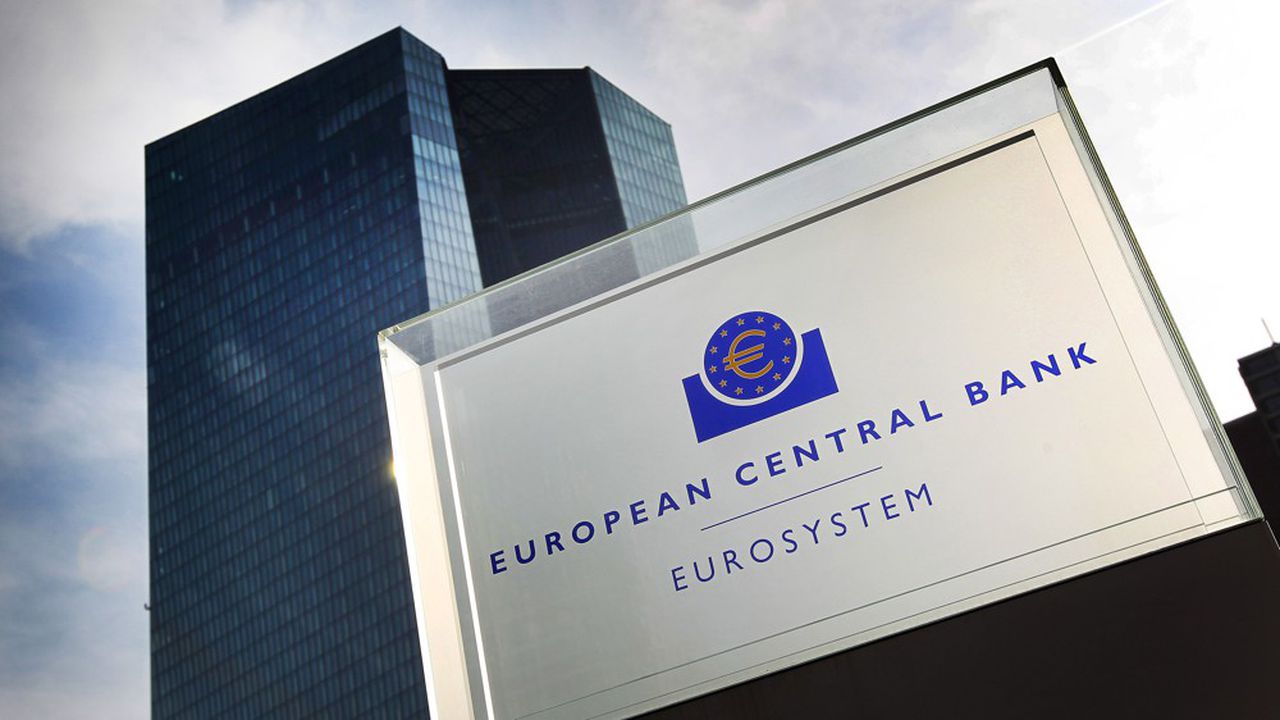(BFM Bourse) – In an interview with Reuters, Arnaud de Guilhem Lamy, head of euro aggregate bond strategy at BNPPAM, explains that the ECB must convince the markets that rates will remain high. The expert also points out that monetary policy can penalize demand but without causing a recession.
Thursday’s conference of the European Central Bank (ECB) was marked by the “hawkish” tone of its president, who will have to convince the markets that rates will remain high for longer than they anticipate, believes Arnaud Guilhem Lamy, head of euro aggregate bond strategies at BNPPAM.
What do you remember from Thursday’s conference?
Arnaud Guilhem Lamy: The ECB raised its rates by 25 basis points (bps), as expected by observers. However, the speech of its president, Christine Lagarde, was clearly “hawkish” supported by revisions to rising inflation projections. Core inflation in 2024 has thus been revised upwards by 0.50 percentage point, while it remains above its target of 2% in 2025.
In fact, central bankers must now convince the markets that rates will remain high for longer than they anticipate: the question is less that of the terminal rate than of the duration for which it will be maintained. This is how we must understand the declaration of Christine Lagarde, who has virtually committed to raising rates again in July, an eventuality that observers have nevertheless well anticipated: convincing the markets to align their views with those of the central bank remains a challenge – the 2-year Ester forward (reflecting the key rate anticipated in two years by the markets) reached 2.75%. The ECB should make more use of this new forward guidance to avoid expectations of rate cuts.
Can the ECB bring inflation back to its target without impacting growth, as its economic projections indicate?
The ECB has placed great emphasis on the dynamism of the labor and wage markets, which it will seek to stabilize. This will not necessarily go through a recession: monetary policy can stifle demand without causing one, but at the cost of sluggish growth. However, the ECB’s projections show growth close to its potential in 2024 and 2025. The delay with which rate hikes are transmitted to the economy should not be underestimated either – this transmission should be apparent in the second part. of year.
Short rates are back at high levels: are prices fully integrating future rate hikes?
Short rates are approaching a ceiling after rising since March, and their prices include rates between 3.75% and 4.00% for the ECB. Rather, it is the German 5-year rates, which perhaps imperfectly reflect the period during which rates will remain high, which may still adjust upwards. The thresholds of 3% and 2.5% yield for German 2- and 10-year securities, respectively, are also callback levels towards which yields tend to fall after crossing them.
Moreover, the ECB confirmed the continuation of its monetary tightening, well anticipated by the markets. Repayments of the TLTRO (Targeted Long Term Refinancing Operations, loans to banks in the euro zone) should therefore have no impact on risk premia.
(with Reuters)
JM – ©2023 BFM Bourse
